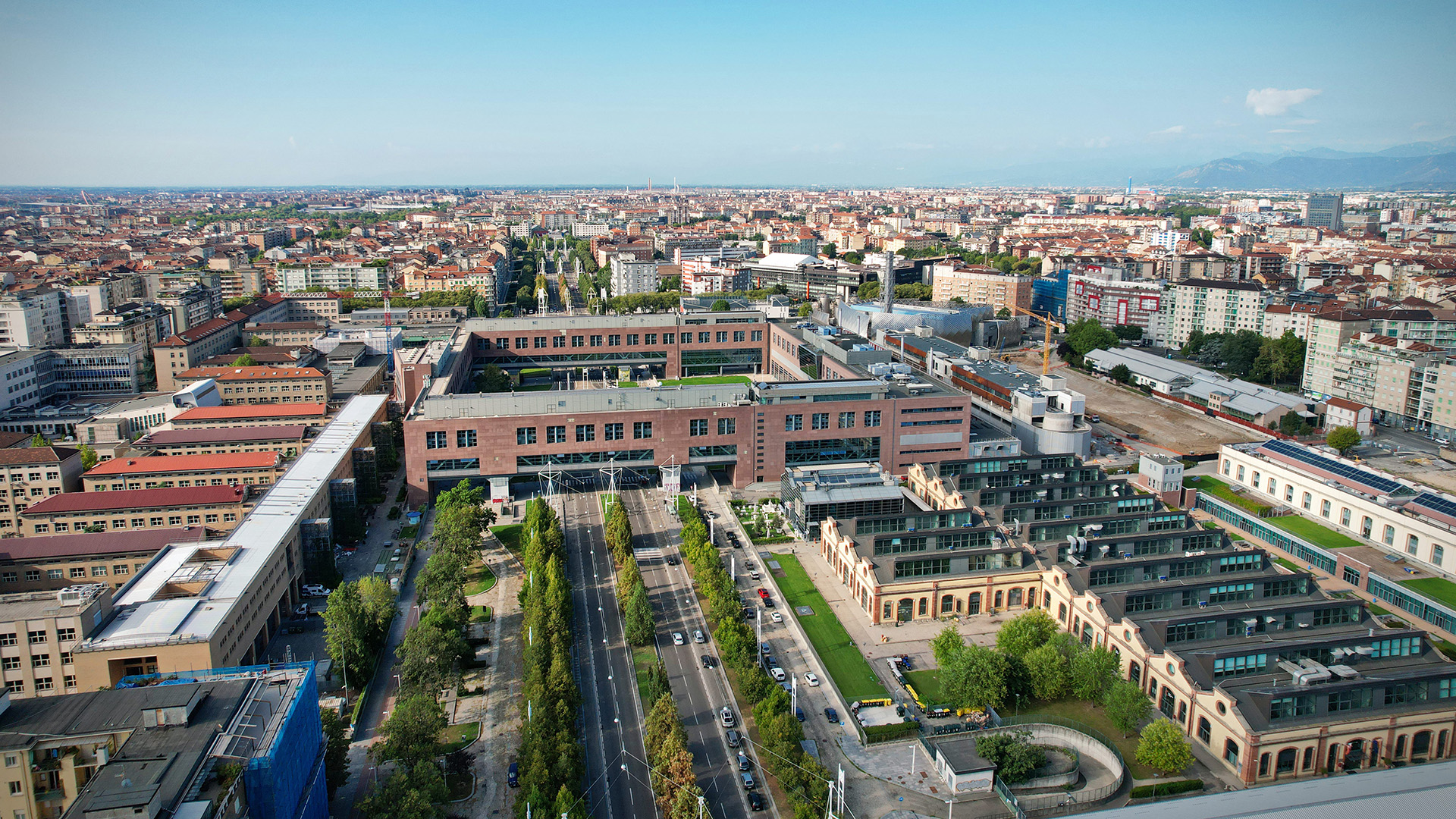
Three Politecnico projects funded by the Ministry of Foreign Affairs
Triple recognition for the University’s research: of the 18 winning projects of the 2023-2025 Italy-USA funding from the Ministry of Foreign Affairs and International Cooperation (MAECI), three involve directly the Politecnico and were presented by Marco Petrolo and Enrico Zappino (Department of Mechanical and Aerospace Engineering-DIMEAS), Leonardo Iannucci and Daniele Torsello (Department of Applied Science and Technology-DISAT).
On 26 and 27 January, the Italian government hosted in Rome the 14th session of the Joint Commission Meeting (JCM) on the Italy-US bilateral cooperation in science and technology. For 25 years, the JCM’s aim has been to promote opportunities for cooperation between the two countries in various fields of research, according to principles of democracy, equity, fair competition, integrity and transparency.
At the meeting in Rome, the Politecnico’s projects were selected in the presence of delegates from Italian and US government agencies and research institutes. The topics discussed this year were environmental and climate sciences, particle physics, astrophysics, healthcare research and emerging technologies.
The Innovative materials and techniques for dental health (IMT4DeH) project presented by DISAT researcher Leonardo Iannucci, in collaboration with Toulou Shokuhfar of the University of Illinois Chicago, will focus on restorative dentistry, aiming to combine the two research groups’ knowledge in materials engineering, electro-chemistry and non-invasive interventions applied to the biomedical field. “Oral diseases afflict almost 3.5 billion people worldwide – Iannucci comments – This project will develop innovative materials and new non-invasive protocols to assess the health status of teeth”.
The project SUPERNEON (Study of high-temperature SUPERconductors NEeutron radiation damage for compact fusiON reactors) presented by Daniele Torsello involves the SM-MESH group of DISAT and the Plasma Science and Fusion Centre of the Massachusetts Institute of Technology-MIT. Together, the researchers will study the radiation resistance of high-temperature superconducting tapes that will be used in compact nuclear fusion reactors. Torsello explains: “Since extreme conditions make it impossible to test materials under exact working conditions, the project aims to overcome this challenge by combining experiments and modelling”.
Finally, the third selected project was developed by researchers Marco Petrolo and Enrico Zappino from DIMEAS, in collaboration with Navid Zobeiry from the University of Washington, and is entitled “An AI-assisted virtual manufacturing approach to mitigate defects in advanced composites”. The virtual simulation of the manufacturing process of the composites can have a positive impact on process efficiency, defect reduction, costs and development times. “One of the goals is to increase accuracy and computational efficiency compared to the state of the art in order to be able to analyse complex structural components and obtain the three-dimensional stress and strain state during the composite cure cycle within minutes” Petrolo further explains.